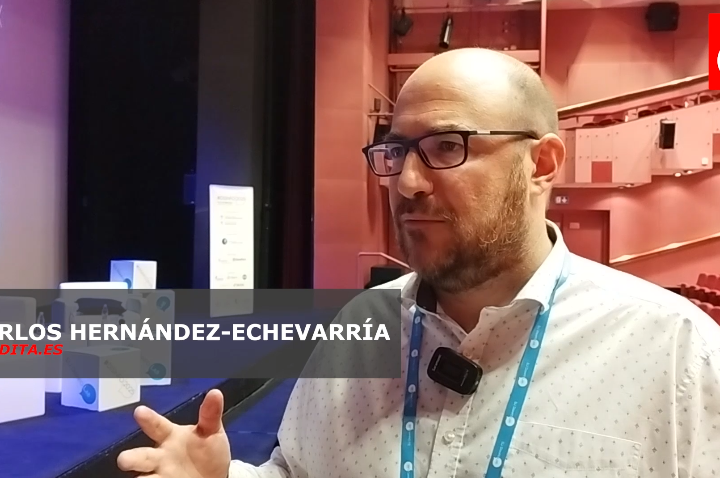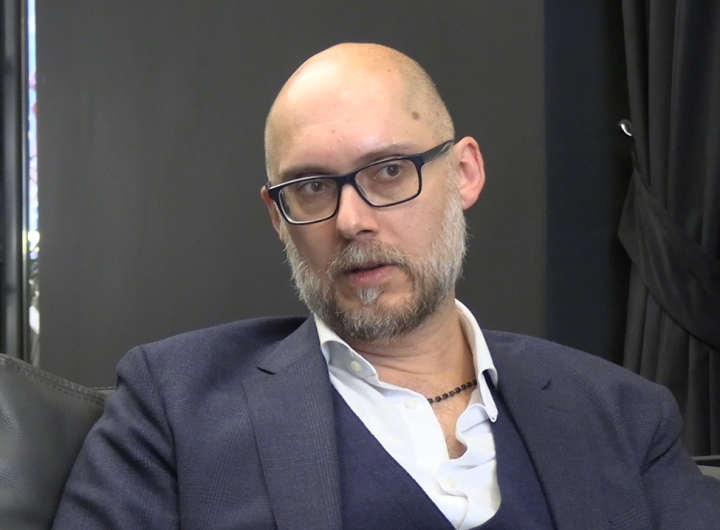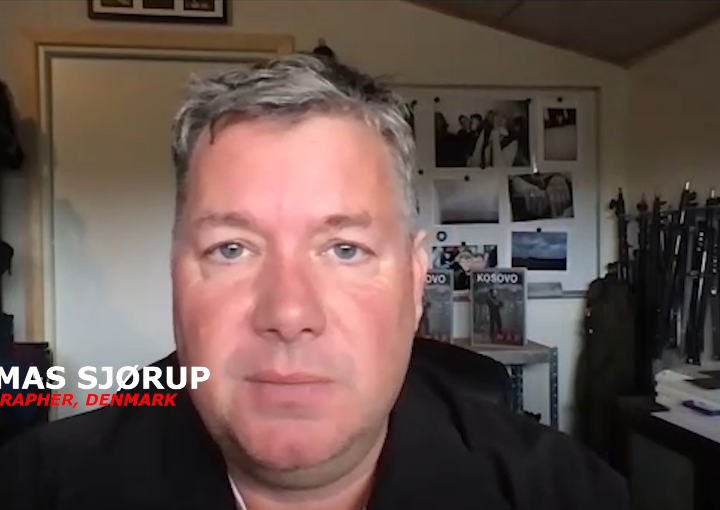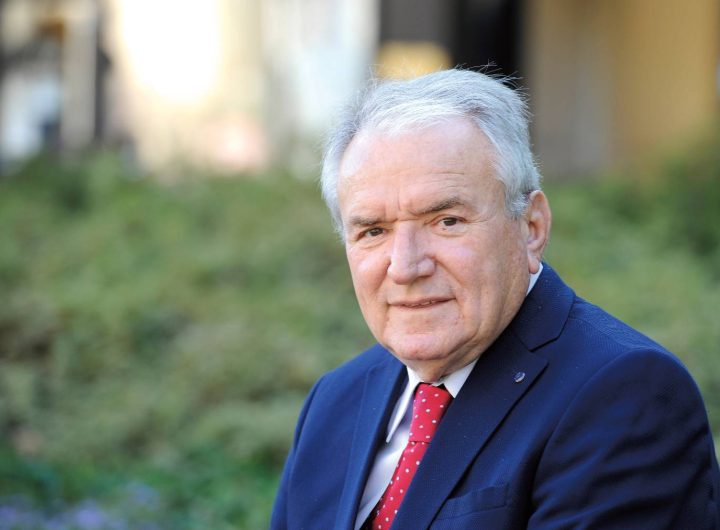
Russian disinformation is widespread in the Western Balkans, while Russia is investing in Serbia and Montenegro. This was stated in an interview with The Geopost by the executive director of CA Why Not, Darko Brkan.
According to him, the situation differs from country to country. In Bosnia and Herzegovina, he said, public services paid for with citizens’ money are promoting pro-Russian narratives.
He also spoke about the Point 13 conference, which was held in Sarajevo, an important regional event with a focus on deeper cooperation and addressing the most important challenges facing civil society and the media. He underlined that defending democracy requires a joint effort from all sectors of civil society.
Complete interview:
The Geopost: What is the main vision behind POINT 13 conference?
Brkan: The POINT conference, which we have been organizing for 13 years, has always been a space where we have tried to bring together activists, journalists, academics from the region to talk about current issues and to present to people in the region and beyond their projects, what they are currently doing, the initiatives they are working on, and to discuss current problems and solutions in the field of civil society, media, politics and the use of technology.
This year, it’s not much different in terms of the basic theme, but the focus is still on the current situation, the problems that are happening, and some global changes in the way civil society, the media and their role are perceived. And then this year we want to work more on sessions where people, activists will be able to exchange information with each other, make strategies, and less on sessions that are showcasing, presenting projects and concluding some initiatives, but we somehow want to deal with the essence of the existence of civil society, the media and their work and future.
The Geopost: What kind of impact do you hope POINT 13 will have, both locally and internationally on the media, civil societies or policy making community?
Brkan: We specifically hope that Point 13 will somehow, first of all, open a discussion and conversation between civil society, the media and pro-democracy actors about what we should do in these moments and how to deal with things. Because I think somehow lately, especially in the last few months, we have been more concerned with ourselves and our own survival, we have not talked much, we have talked bilaterally, but somehow, we want to provide a forum where regional civil society will start talking about this at a strategic level. I think that is the most important thing. We do not expect now that we will come out tomorrow with a magical solution for civil society to survive and become stronger, but at least to start that conversation, to set some strategic guidelines and to ultimately understand whether we can draw benefits from this, which seems like a difficulty for the functioning of civil society, seems like a difficult situation, and we can see this as an opportunity.
The Geopost: How widespread is Russian disinformation in the Balkans and which countries are most affected?
Brkan: When it comes to Russian disinformation in the region, there are two levels of answers to the question. The first is how present are the actors coming directly from Russia in the region and dealing with disinformation, and to what extent are the themes and narratives actually present in the region. The answer to the first question is that Russia, as someone acting as a foreign actor in the region, has a limited presence. On the other hand, the themes and narratives are very deep-rooted. Because we have a lot of local actors who, even in cases where there is no direct, say, financial benefit or management by Russian actors, are working and promoting the same narratives. So I would say that this is quite widespread in the region, but at the same time I would say that it may not necessarily be a direct Russian influence, as much as it is local actors supporting Russia, and this varies from country to country. For example, Russian investment in Montenegro or Serbia is greater than in Bosnia and Herzegovina (I do not know about other countries).
It all depends on how much need there is, or in Bosnia and Herzegovina, for example, we have a situation where even public services paid for with citizens’ money are promoting pro-Russian narratives. Well, it does not take a huge financial investment to achieve something. So the situations in the countries are different, but in each country there is a very strong presence of Russian disinformation.
The Geopost: How important is the fight against disinformation, especially in the context of preserving democratic institutions and social cohesion in the Western Balkans?
Brkan: I think this is all part of a wider environment or a wider societal problem where the information sector and generally the places where people get information have become important in their lives, so the spread of disinformation has become very important. So I think this fits in with the whole strategy of preserving democracy, preserving values, preserving human rights and everything that civil society does.
What POINT really means is that only together, organizations working on disinformation, organizations working on human rights, organizations working on democracy, organizations working on elections, organizations working on the rule of law, can we achieve results.
We need each other to understand that each of these segments is very important and that is the only way we can succeed.
/The Geopost

 Russia is using disinformation to influence Western democracies
Russia is using disinformation to influence Western democracies  “Disinformation is becoming more sophisticated,” Alexandre Alaphilippe talks about global challenges and the role of AI
“Disinformation is becoming more sophisticated,” Alexandre Alaphilippe talks about global challenges and the role of AI  Paolo Palumbo: Russia is strengthening disinformation campaigns through artificial intelligence
Paolo Palumbo: Russia is strengthening disinformation campaigns through artificial intelligence  Professor Iztok Prezelj: Balkans influenced by external powers, Serbia serves as an entry point for Russia
Professor Iztok Prezelj: Balkans influenced by external powers, Serbia serves as an entry point for Russia  Kosovo through the lens, interview with the photojournalist of 1999
Kosovo through the lens, interview with the photojournalist of 1999  Djukic for The Geopost: There is a civil war in Serbia, the final outcome will be known in a few weeks
Djukic for The Geopost: There is a civil war in Serbia, the final outcome will be known in a few weeks